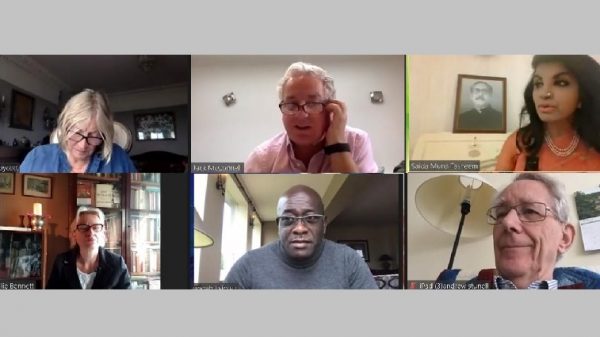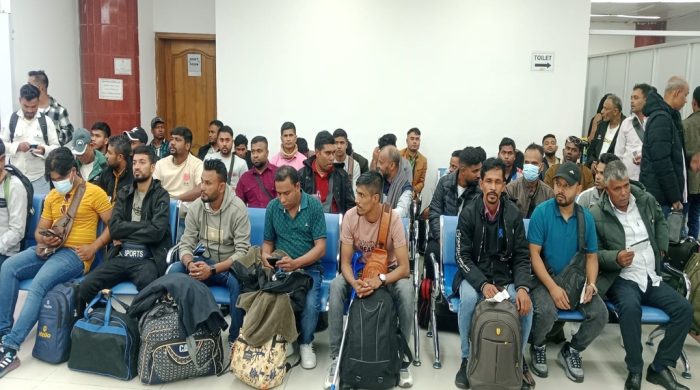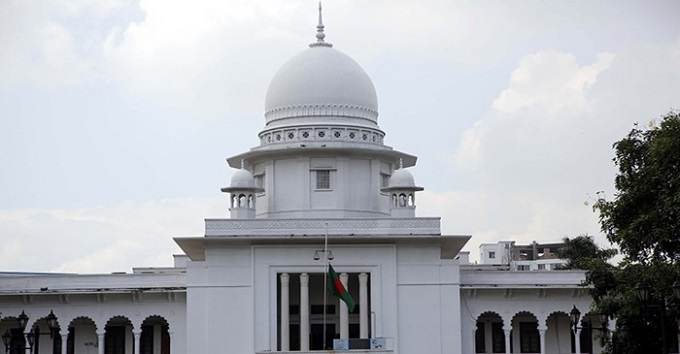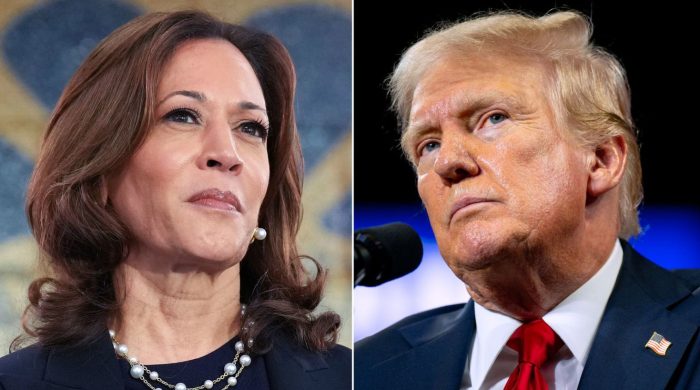Bangladesh envoy seeks UK’s GSP extension

- Update Time : Saturday, August 29, 2020
- 120 Time View

Bangladesh High Commissioner to UK Ms Saida Muna Tasneem, while speaking to UK parliament’s All-Party Parliamentary Group (APPG) on SDGs, sought a post-Covid extension of UK’s GSP facility to Bangladeshi products until 2030 to boost trade and greater support to Prime Minister Sheikh Hasina’s low-carbon climate-resilient development strategies for a faster post-Covid SDGs recovery.
“We want post-Brexit UK to continue its GSP, allowing zero-tariff access of Bangladeshi products to its markets until 2030, greater flexibility and concessions in Bangladesh’s post-LDC graduation threshold and higher climate financing by the UK for moving towards a low-carbon climate-resilient development pathway in the post-Covid global economic downturn”, the High Commissioner said during an oral evidence session of the British parliamentary inquiry into progress and effectiveness of UK Aid in supporting Bangladesh’s SDG achievements and the impact of Covid-19.
The High Commissioner paid a tribute to Bangladesh’s Father of the Nation Bangabandhu Sheikh Mujibur Rahman and British Prime Minister Sir Edward Heath at the beginning of the session for laying the foundation of a strong Bangladesh-UK value-based development partnership since Bangabandhu’s historic visit to the UK on 8 January 1972.
Members from the UK’s APPG on SDGs including its Chair Lord Jack Wilson McConnell accompanied by Baroness Natalie Louise Bennett, Lord Andrew Stunell and Baroness Rosel Boycott were present at the inquiry session, held on Wednesday where High Commissioners of Bangladesh and Kenya gave evidence on their countries’ SDG achievements and challenges and how UK Aid is contributing to the process.
Held at the advent of UK DFID’s merger with UK Foreign and Commonwealth Office (FCO) in September 2020, the evidence-gathering session was considered highly important to be followed up with a report, which will be launched by UK Parliament with recommendations to ensure the SDGs are at the centre of UK’s efforts to help partner countries recover from the impacts of Covid-19.
While giving evidence, High Commissioner Tasneem said that Bangladesh, steered by its visionary Prime Minister Sheikh Hasina, delivered brilliantly on its pre-Covid SDGs performances as witnessed last month during its 2nd Voluntary National Review at the UNHLPF on SDGs in New York, exceeding many SDG targets ahead of the slotted 2020 and 2025 deadlines.
These include SDG 1 and 10 on reducing poverty and inequality and enhancing economic growth, SDG 2 on achieving food security, SDG 3 on Good Health and Well-being, SDG 4 on Quality Education, SDG 5 on gender parity, SDG 6 on clean drinking water and sanitation, SDG 13 building climate resilience and many more.
The High Commissioner also apprised the APPG that having assumed the Presidency of the Climate Vulnerable Forum (CVF) in 2020, Prime Minister Sheikh Hasina is prioritising climate financing for delivering on Bangladesh’s NDCs, reducing extreme climate disaster vulnerabilities and building back a climate-resilient post-Covid future for Bangladesh and other CVF members, including implementation of the “Bangladesh Delta Plan (BDP) 2100” and working closely with the UK Presidency of the COP26.
The High Commissioner mentioned that “Prime Minister Sheikh Hasina’s $12.13 billion stimulus package, nearly 4% of Bangladesh’s GDP and the highest in South Asia is keeping the Bangladesh economy afloat and protecting livelihoods of the vulnerable during the coronavirus pandemic”
Highlighting Bangladesh’s post-Covid SDGs and economic recovery challenges, the High Commissioner categorically mentioned, “In post-Covid, Bangladesh’s apparel sector export earnings that suffered unprecedented cancellations and non-payments by the UK and other global retailers, need early recovery along with recovery of crops and infrastructural losses of more than US$6 billion caused by extreme climatic disasters like the recent cyclone Amphan and monsoon flooding making millions homeless and slide back to poverty”.
We also need access to vaccine, the High Commissioner added.
The High Commissioner lauded the DFID for efficiently delivering 3 billion pounds of UKAID to Bangladesh since Bangladesh’s independence and commended five decades of dependable Bangladesh-UK development partnership, especially with Bangladesh’s innovative Civil Society and recently for the Rohingyas from Myanmar. She, however, suggested that the UK needs to review its post-Covid, post-Brexit ODA priorities towards Bangladesh shifting to greater allocations to climate resilience financing, low-carbon energy initiatives and enhancing trade capacities.

























